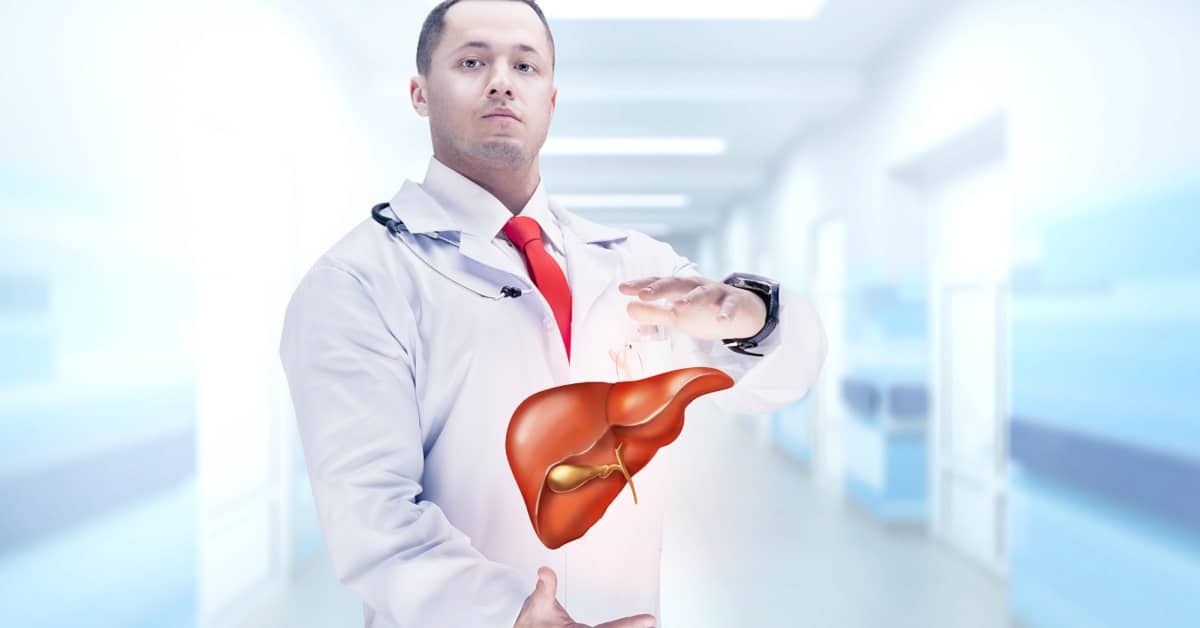
What if the key to keeping your brain young wasn’t just in your mind but in your body? Scientists at the University of California San Francisco have uncovered a surprising link between exercise and cognitive health—an enzyme the liver releases during workouts that rejuvenates brain cells. Even more intriguing, this discovery could lead to a revolutionary “exercise pill” that mimics these benefits. Could a simple workout or future medication be the secret to lifelong mental sharpness? Let’s explore this groundbreaking research.
Key Takeaways
-
Researchers have identified an enzyme, Gpd1, released by the liver during exercise. This enzyme helps rejuvenate brain cells and improve memory.
-
Even without exercise, increasing GPD1 levels in lab animals provided the same cognitive benefits as physical activity, suggesting potential pharmaceutical applications.<
-
This discovery reinforces the profound connection between physical health and brain function, offering new hope for those at risk of Alzheimer’s and other neurodegenerative diseases.
The Link Between Your Workouts and a Sharper Memory
A host of recent studies have linked exercise to improving brain and memory health, but the reasons why have remained hidden.
Now, researchers at the University of California San Francisco say they’ve discovered that exercise stimulates the release of an enzyme from the liver that tells brain cells “to get young” again.
Even more exciting, the discovery may lead to a pill that reproduces the youthful benefits of exercise on the memory and the brain.
The brain support offered by physical activity is one of the most widely studied and most potent ways to defend your brain against memory problems that strike as you get older. Exercise is the best brain medicine there is.
Plus, as the California scientists note, exercise can improve the cognitive abilities of people at high risk of Alzheimer’s disease, frontotemporal dementia, and other neurodegenerative conditions. So, even if you have a genetic profile that makes you more vulnerable to dementia, exercise can improve your condition to some degree.
Why Exercise Improves Memory
Recently, I pointed out one reason exercise supports better brain health. It came to my attention in new research that working your muscles increases the production of the natural anti-inflammatory substance butyrate, made by bacteria in your digestive tract.
But the California scientists have come at the question from another angle... examining changes that take place in your blood and what proteins are secreted by your liver when you exercise.
They were inspired by a study that found when the blood of young animals that exercise is transfused into older animals who rarely budge, the young blood can improve the older animals’ learning skills.
In their analyses of the blood from more active animals, they found an enzyme called GPD1, which had never before been exhaustively analyzed. Their research revealed that GPD1 increases in the blood after exercise, and the increase goes hand in hand with improvement in the animals’ brain function.1
Added to those findings, research on humans shows that older, healthy folks who exercise also have more of this natural GPD1 circulating in their bodies. The liver releases extra amounts of the enzyme as a response to physical activity.
Enzyme Provides Double the Brain Benefits of Exercise
In the next step of their research, the scientists coaxed animals’ livers to produce extra amounts of GPD1 without exercise. Three weeks of the extra GPD1 improved the animals’ brains as much as six weeks of exercise – dramatically boosting the generation of new neurons in the hippocampus, one of the brain’s memory centers.
"To be honest, I didn't expect to succeed in finding a single molecule that could account for so much of the benefits of exercise on the brain,” says researcher Saul Villeda. “It seemed more likely that exercise would exert many small, subtle effects that add up to a large benefit, but which would be hard to isolate. When I saw these data, I was completely floored."
Stopping at the Blood-Brain Barrier
Interestingly, other lab tests show that GPD1 made by the liver does not pass through the blood-brain barrier, the protective structure that keeps toxins, infectious microbes, and many drugs out of the blood supply that enters brain tissue. So how does this mighty enzyme influence memory?
It appears this protein limits blood clotting and keeps inflammation in check. The researchers explain that both inflammation and the tendency of the blood to clot more easily are associated with cognitive problems and an increased risk of Alzheimer’s disease as you get older. It’s a well-known fact that poor circulation can be seen in several forms of dementia, from Alzheimer’s disease to vascular dementia.
New Discovery of the Liver-Brain Connection
“Through this protein, the liver is responding to physical activity and telling the old brain to get young," Dr. Villeda says. "This is a remarkable example of liver-to-brain communication that, to the best of our knowledge, no one knew existed. It makes me wonder what else we have been missing in neuroscience by largely ignoring the dramatic effects other organs might have on the brain, and vice versa."
Dr. Villeda also thinks that eventually, GPD1 and other proteins the body makes can be used as a pharmaceutical treatment for better brain health. "We don't have that exercise pill right now," he says. "This lets us know that this is a viable thing to pursue, but we're not there yet.”2
But, he adds, his mother is excited about it! She’s not the only one who wants to see that pill on the market soon. Meanwhile, this new research into GPD1 gives you yet another reason to exercise daily to maintain a strong, sharp memory for years to come.
Summary
A groundbreaking study from the University of California San Francisco has unveiled a surprising link between exercise and brain health. Researchers have identified an enzyme called Gpd1, which is released by the liver during physical activity and plays a crucial role in revitalizing brain cells. This discovery not only highlights exercise as one of the most effective ways to support cognitive function but also opens the door for potential pharmaceutical solutions that could mimic its benefits. While an "exercise pill" is not yet available, this research underscores the importance of staying active to maintain a sharp and youthful brain.
Frequently Asked Questions
How does exercise improve brain health?
Exercise stimulates the release of beneficial enzymes like GPD1, which promote brain cell regeneration and improve memory function.
What is GPD1, and why is it important?
GPD1 is an enzyme released by the liver during exercise that enhances brain function by reducing inflammation and promoting neuron growth.
Could there be an ‘exercise pill’ in the future?
Scientists believe that isolating and replicating the effects of GPD1 could lead to a pharmaceutical treatment for cognitive decline, but more research is needed.
Does this mean exercise can prevent Alzheimer’s disease?
While exercise cannot guarantee prevention, it has been shown to significantly reduce the risk and slow cognitive decline, even in those genetically predisposed to Alzheimer’s.
How much exercise is needed to see brain benefits?
Studies suggest that regular aerobic and strength-training exercises—at least 150 minutes per week—can have a profound impact on brain health.- Horowitz, A. M., Fan, X., Bieri, G., Smith, L. K., Sanchez-Diaz, C. I., Schroer, A. B., Gontier, G., Casaletto, K. B., Kramer, J. H., Williams, K. E., & Villeda, S. A. (2020). Blood factors transfer beneficial effects of exercise on neurogenesis and cognition to the aged brain. Science (New York, N.Y.), 369(6500), 167–173.
- Harris, R. (2020, July 9). An enzyme that increases with exercise can improve memory in mice, and maybe people. NPR.
